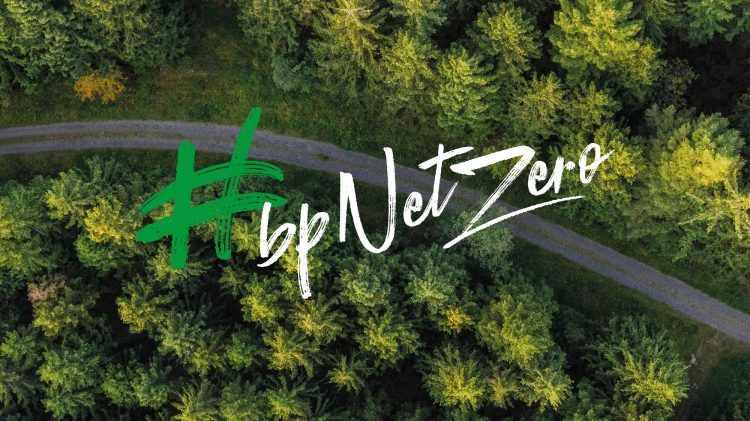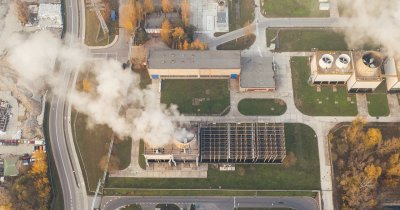“The world’s carbon budget is finite and running out fast; we need a rapid transition to net zero. We all want energy that is reliable and affordable, but that is no longer enough. It must also be cleaner. To deliver that, trillions of dollars will need to be invested in replumbing and rewiring the world’s energy system. It will require nothing short of reimagining energy as we know it”, said Bernard Looney, BP CEO.
BP’s new ambition to be a net zero company by 2050 or sooner covers the greenhouse gas emissions from its operations worldwide, currently around 55 million tonnes of CO2 equivalent (MteCO2e) a year, and the carbon in the oil and gas that it produces, equivalent currently to around 360 MteCO2e emissions a year – both on an absolute basis. Taken together, delivery of these aims would equate to a reduction in emissions to net zero from what is currently around 415 MteCO2e a year.
Therefore, BP also aims to help its customers reduce their emissions by halving the carbon intensity of the products it sells, again by 2050 or sooner – offering customers more and better choices of low- and no-carbon products.
BP also aims to install methane measurement at all of its existing major oil and gas processing sites by 2023 and then reduce the methane intensity of its operations by 50%.
Five aims to get BP to net zero:
1. Net zero across BP’s operations on an absolute basis by 2050 or sooner.
2. Net zero on carbon in BP’s oil and gas production on an absolute basis by 2050 or sooner.
3. 50% cut in the carbon intensity of products BP sells by 2050 or sooner.
4. Install methane measurement at all BP’s major oil and gas processing sites by 2023 and reduce methane intensity of operations by 50%.
5. Increase the proportion of investment into non-oil and gas businesses over time.
Five aims to help the world get to net zero:
6. More active advocacy for policies that support net zero, including carbon pricing.
7. Further incentivise BP’s workforce to deliver aims and mobilise them to advocate for net zero.
8. Set new expectations for relationships with trade associations.
9. Aim to be recognised as a leader for transparency of reporting, including supporting the recommendations of the TCFD
10. Launch a new team to help countries, cities and large companies decarbonise.
 Vlad Andriescu
Vlad Andriescu












Any thoughts?